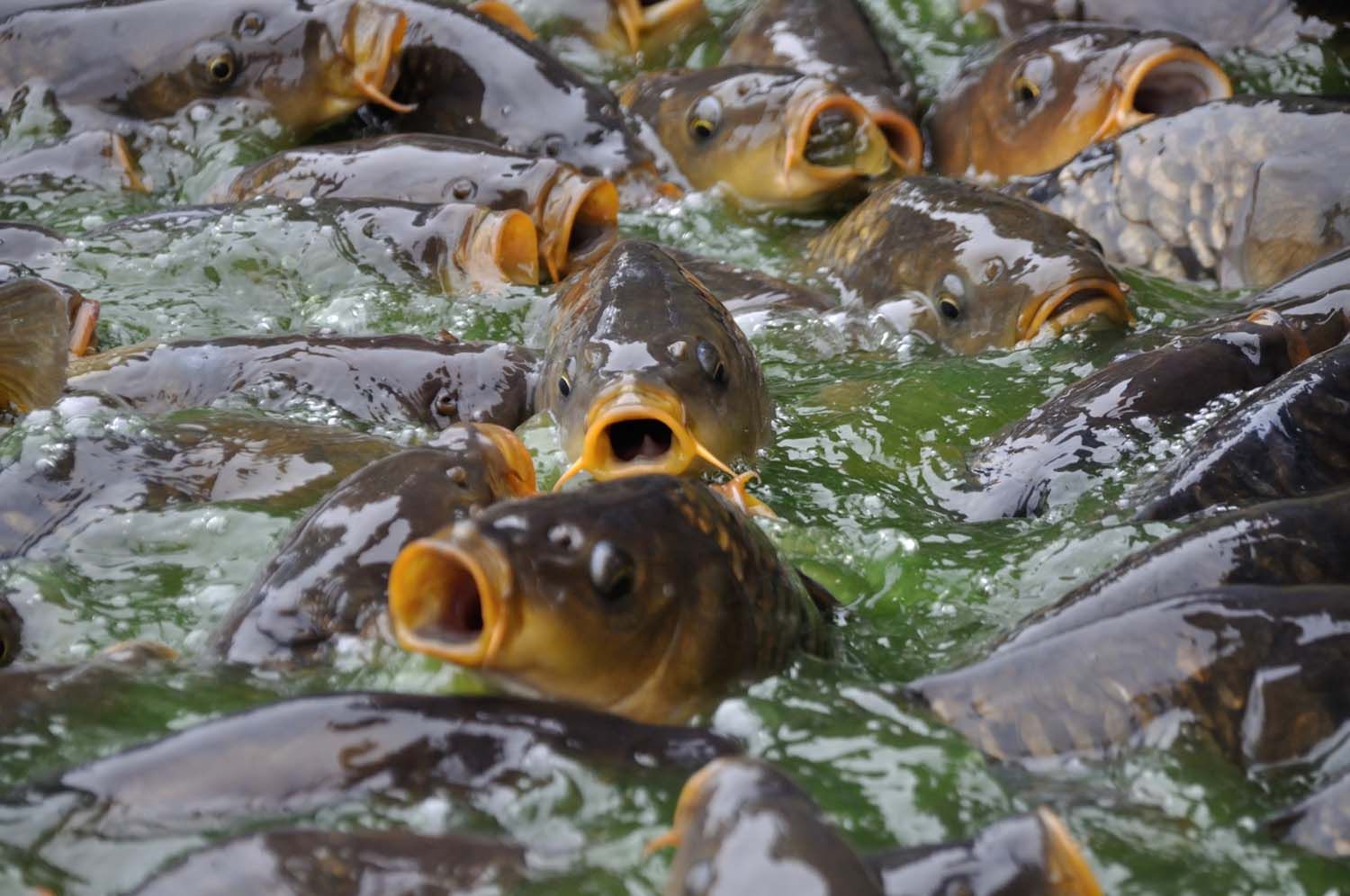
Tideflex check valves are manufactured from rubber and have a unique duckbill design. Tideflex valves' elastomer construction offer a unique combination of flexibility, durability and strength. This ensures that they can allow the safe passage of fish, eels and other aquatic life while still maintaining their function as non-return valves. When fauna and flora environmental considerations need to be included in the design of drainage systems, Tideflex duckbill valves are the most effective solution for backflow prevention.
Key Features
Duckbill design - variable opening
Rubber construction - flexible, durable & strong
Fish passage through the Tideflex valve was tested by the UK National Rivers Authority (NRA) in 1993
Key Advantages
Flexible enough to allow solids e.g. fish, eels, etc. to move through with the water
Low cracking pressure to eliminate standing water in the upstream system
Almost twenty years of problem-free operation on the Tees Barrage Fish Pass
Key Benefits
Free draining - aquatic life not trapped upstream of valve
Smooth & flexible - aquatic life not harmed by passage through the valve
No maintenance - saving operational time and money
25+ years service life - long-term capital cost savings
Reliable, proven track record - no unpleasant surprises
How Do Tideflex Duckbill Valves Work?
The rubber duckbill check valve is inherently a variable orifice device which changes its effective opening area with respect to the internal pressure and mass flowrate through the unit - i.e line pressure gradually opens the valve to allow an increasing amount of water to flow out and back pressure closes the valve, with no external energy required.

Due to the design of its rubber matrix, the Tideflex check valve has an extremely low cracking pressure, so the valve is self-draining which eliminates standing water and maximizes storage volume (attenuation) in the upstream drainage system. Fish, eels and other aquatic life can therefore move safely through the valve even at low flows and are not trapped upstream of the valve for long periods of time. Read the case study here.
Below is a twelve minute long video describing the scale model fish passage tests by the UK NRA in 1993 (now part of the UK Environment Agency).
Tideflex check valves are fish friendly